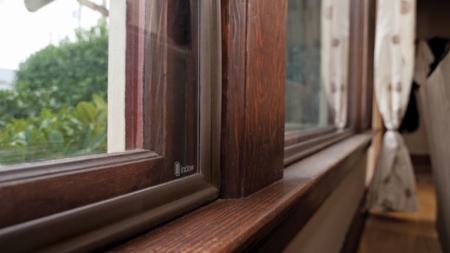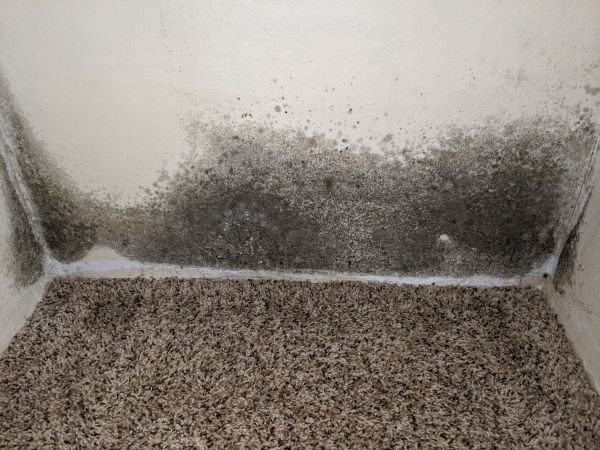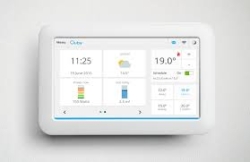A cistern is a container with a waterproof lining that is designed for the purpose of storing liquids, such as water. A cistern to catch and store rainwater is an effective method to not only save money, but also to conserve water and obtain clean water that does not contain chlorine or other additives. The cistern may be underground or above ground. Collected rainwater can be used for indoor, including drinking water if properly filtered or purified, and outdoor use. About one inch of rainfall on a 2,000 square foot roof can create 1,250 gallons of reusable rainwater. Some countries even have laws that require rainwater harvesting systems to be built alongside any new construction.
For a cistern to be useful and effective, the setup must be in an area with plenty of rainfall, such as our beautiful city of Portland, and the rainwater collection surface should not be near an area where pesticide spraying occurs or near major pollution (such as next to a major highway).
Cisterns can vary in range in water storage capacity depending on your water usage needs. Cistern setups involve three components: The water collection system (roof, gutter, and downspout), the filter to keep out debris such as bits of leaves, and the water storage vessel (cistern). The cistern should be made out of stone, concrete, or another non-corroding, non-contaminating material. Wood and metal are not recommended for use as a water storage receptacle.
The total cost of a cistern can vary depending on the size, need, and material used. A complete system with filtration and water capturing for 800 gallons of water at a single residential home may cost $1000, not including labor/installation, but the savings over time can be great in an area with regular rainfall, such as Portland. For example, if an average water bill is $100 per month for a family of four, the savings could be $5000 over a period of 5 years ($6,000 minus $1,000 for the initial cost of the cistern). Residential and commercial cistern costs and needs will vary, but a rainwater cistern can be a practical and economical choice for your residential or commercial site in the Pacific Northwest.





